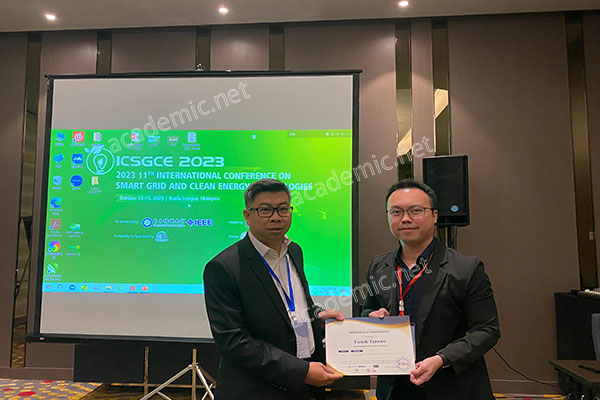Everything you need to know about literature review and its types
A literature review is a common form of academic writing that is used to systematically collect, evaluate, and integrate existing research results in order to provide an in-depth discussion and analysis of a particular topic or research field. Literature reviews not only help researchers understand the existing knowledge framework, but also point out new research directions and discover gaps and deficiencies in research. Literature reviews can be divided into several different types according to different purposes and methods:

2. Systematic literature review: This type of literature review uses rigorous and transparent methods to identify, evaluate, and synthesize all relevant research. It aims to reduce bias and provide reliable evidence through clear research questions, predefined inclusion and exclusion criteria, and comprehensive evaluation methods. Systematic literature reviews are particularly well suited to determining what is known and unknown in a field and are often used in the health and social sciences.
3. Meta-analysis: Meta-analysis is an advanced form of literature review that uses statistical methods to combine the results of multiple studies to provide an estimate of the integrated effect size or effect size for a research question. Meta-analysis requires that the studies being evaluated are sufficiently homogeneous, so it is often used in conjunction with systematic literature reviews.
4. Meta-synthesis: This type of literature review focuses on qualitative research and aims to build a deeper understanding of complex phenomena, concepts, or theories by integrating and interpreting research results. Meta-synthesis differs from meta-analysis in that it does not use statistical techniques, but rather uses interpretive or critical methods to combine research findings.
5. Rapid Literature Review: This is a form of review designed to quickly provide an overview of a topic or issue. Rapid literature reviews simplify the process of traditional systematic literature reviews and shorten the time by limiting the scope of the search, using fewer databases and resources, or limiting the selection criteria for the literature. It is particularly suitable for situations where relevant research information needs to be obtained quickly, such as public health emergencies.
Each type of literature review has its own specific advantages and application scenarios. The type you choose depends on the purpose and needs of your research, the time and resources available, and the nature of your research question. Knowing the type of literature review will help you develop an implementation plan to ensure the rigor and efficiency of your research.
